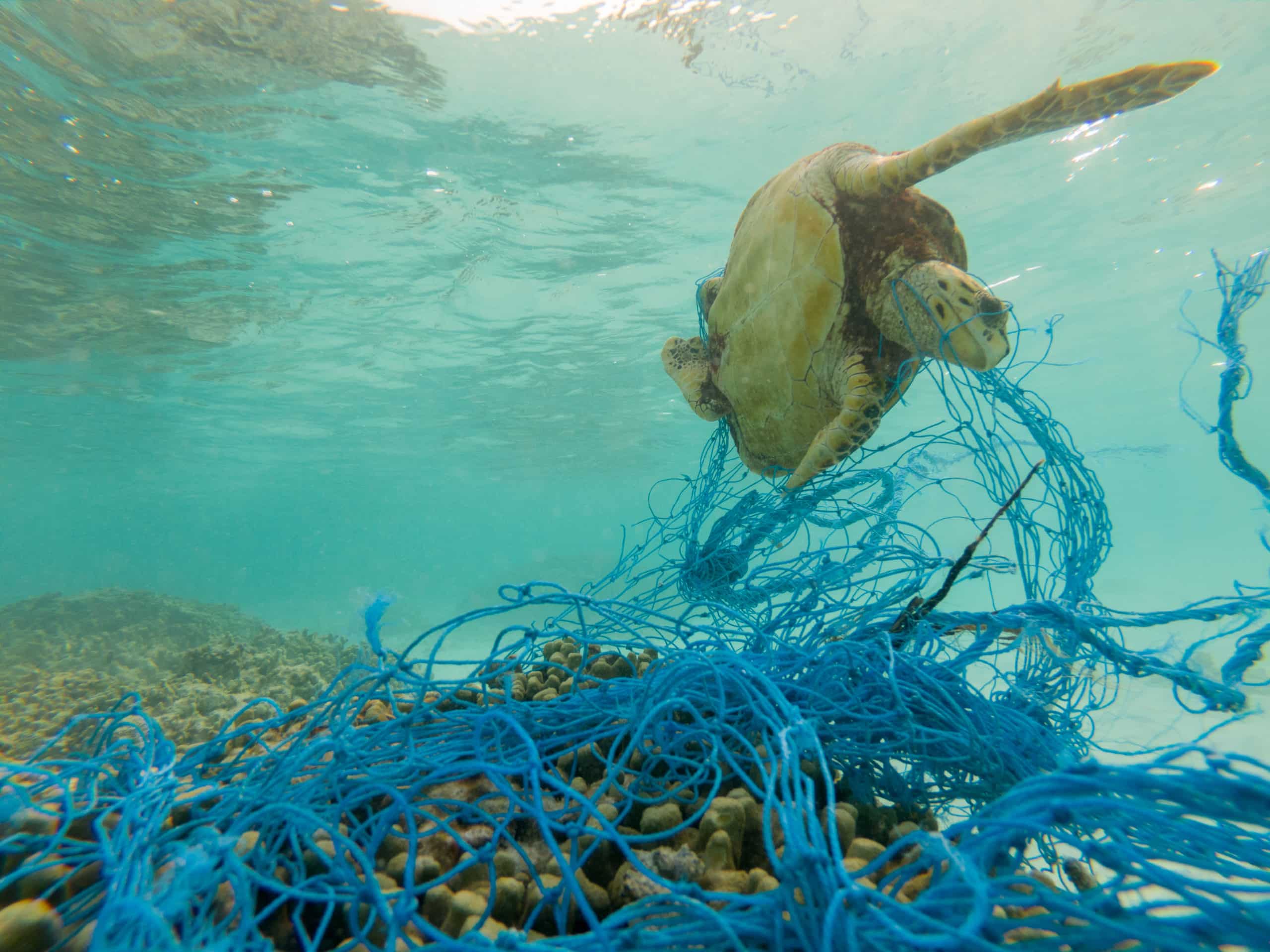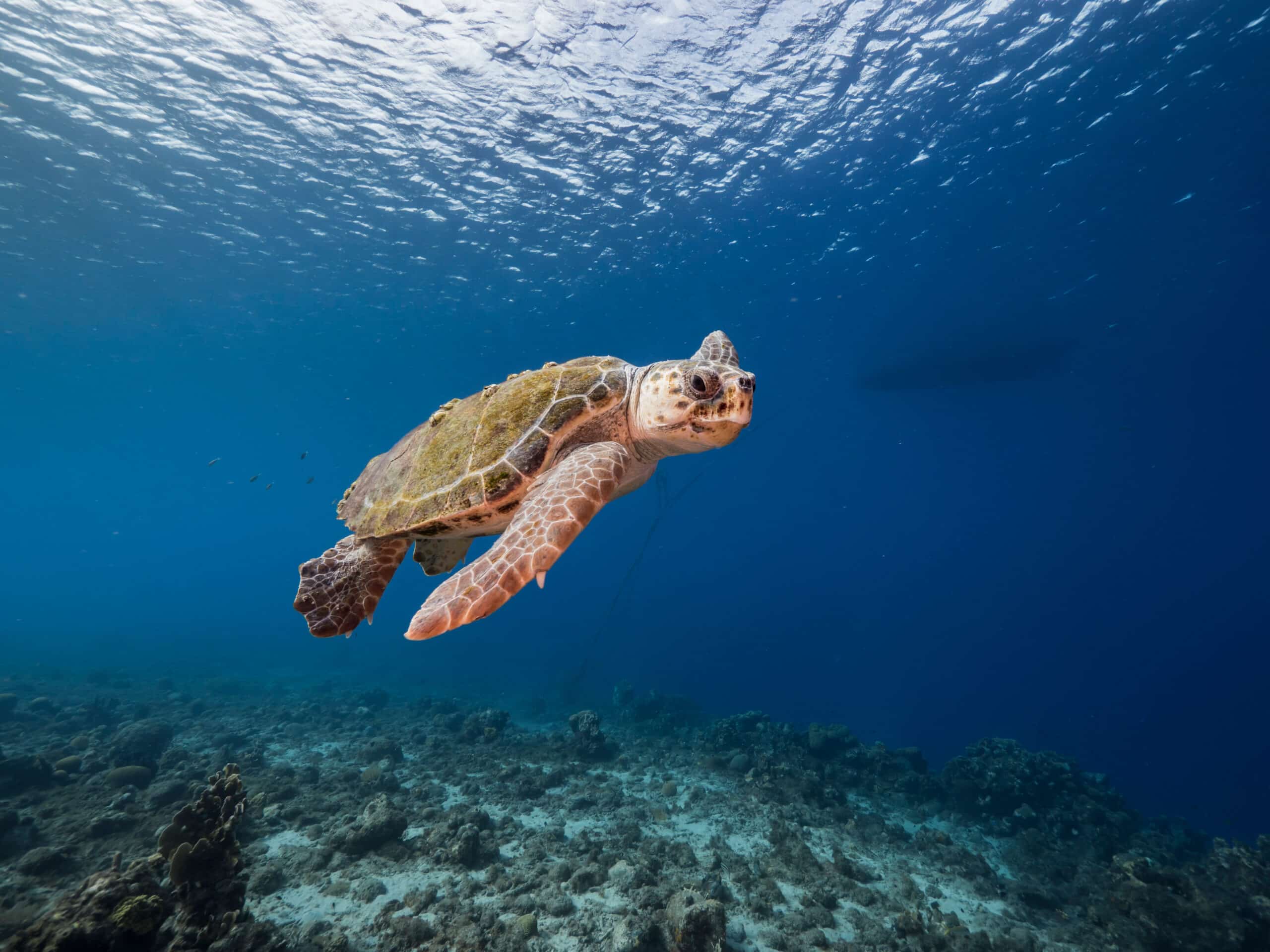
Plastic Pollution
Our campaign to demand that banks divest from dirty petrochemicals and plastic
Plastic Pollution
Plastics are everywhere
Plastic pollution threatens to take over our oceans, waterways and communities. Plastics threaten marine life, leach toxins into our food and drinks, and its manufacture pollutes our air. 99% of plastics are made from fossil fuels using dirty processes that not only pollute air and water, but drive us further into climate chaos. The U.S. plastics industry emits as much greenhouse gasses as 116 coal-fired power plants. Toxic substances, including flame retardants, PFAS (“forever chemicals”), phthalates, and nonylphenols can leach from plastics and cause a range of health effects such as endocrine disruption, cancer, and fertility and reproductive harm. Plastic can be found almost everywhere on Earth from the Arctic seafloor to Mt. Everest. Unlike natural materials, plastic degrades extremely slowly and almost never disappears, first breaking into smaller and smaller pieces known as microplastics and even smaller invisible microfibers. These tiny, toxic particles have been found in water, food, and human bodies. These are especially steep consequences to bear for disposable products – 36% of plastic is produced for packaging, including single-use water bottles, containers, and bags.
Plastics, poverty, and racism
The costs of plastic production are not distributed equitably. In the United States, like many countries, plastic manufacturing is disproportionately concentrated near low-wealth areas and communities of colors. Communities in Louisiana, the Texas Gulf Coast, and the Ohio River Valley have been historically marginalized and polluted by toxic industry. The predominantly Black neighborhoods in Louisiana’s “Cancer Alley” – an 85 mile-long corridor along the Mississippi River housing over 200 industrial plants have cancer risk rates in the highest 5% nationally. Residents are sickened and dying from the institutionalized racism and inequity that perpetuates these “sacrifice zones.”
Rising up. Fighting back.
“Fenceline” communities surrounding petrochemical plants are rising up, fighting to push these toxic, dirty industries out, and working to build new, healthy economies. We support their work through leveraging our strong membership base to show banks and other financial institutions that plastics are too risky, too racist, and too regressive to finance.
Pulling back the curtain on Plastics Industry Finance
Fossil fuel companies are looking for a way to stay relevant in the face of climate action by increasing petrochemical production, turning the toxic waste products of fossil fuel refining into products they can sell. But petrochemical plants take billions of dollars to build, and the companies rely on public and private financing to get them off the ground.. Internationally, some banks and funding institutions have already committed to stopping fossil fuel financing, but we must go further – these commitments need to include not only coal, oil, and gas production, but also petrochemicals, the building blocks of plastic. Big banks and other financial institutions – like Bank of America, J.P. Morgan Chase, and Wells Fargo – have the opportunity to take the lead in transforming their industry by refusing to finance these massive petrochemical facilities. Financiers, insurers, and investors can refuse to support any new petrochemical projects, and instead invest in industries that truly benefit everyone.
Media
Take Action

EPA: Stop the plastic crisis!
We urgently need environmentalists like you to speak up and help show strong public support for bold action to end plastic pollution. Sign now to tell the EPA to prioritize our planet over profit.
Resources
Ways to Support Our Work

Read Latest News
Stay informed and inspired. Read our latest press releases to see how we’re making a difference for the planet.

See Our Impact
See the real wins your support made possible. Read about the campaign wins we’ve fought for and won together.

Donate Today
Help power change. It takes support from environmental champions like you to build a more healthy and just world.